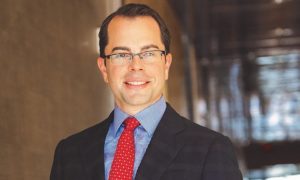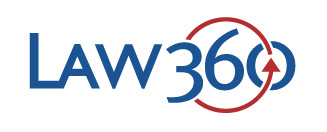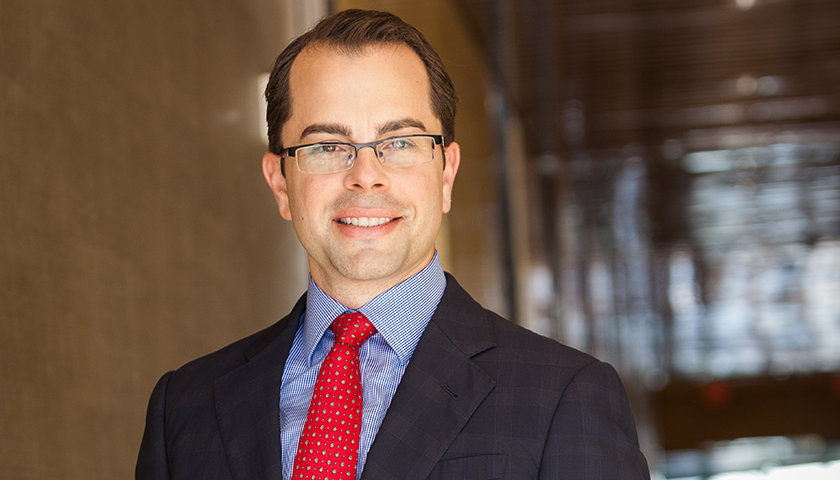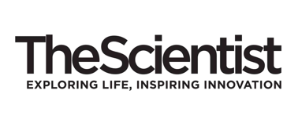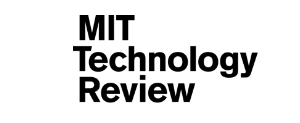
By Bob Van Voris and Jonathan Levin
November 20, 2019
Bruce Bagley, an international studies professor, knew all about how corrupt Venezuelan officials were moving vast sums into South Florida. He cultivated contacts with Latin American policymakers, top criminal lawyers and U.S. anti-money-laundering officials. And, prosecutors say, he knew how to get a taste for himself.
Bagley, a 73-year-old white-bearded University of Miami academic who wrote about drug trafficking and international organized crime, was charged this week with helping move about $3 million into the U.S. from Venezuela and taking a 10% cut.
Colleagues and neighbors expressed shock that a man known for his scholarship and care of his disabled wife could be arrested on such charges. But it was easy to see how Bagley — who in recent years had narrowly escaped a foreclosure sale — could have put his expertise to practical use, said John Polga-Hecimovich, a U.S. Naval Academy professor who knew him through academic networks.
“In the course of where he lives and in the research he does, I’m sure he came into contact with figures like the ones he’s accused of coming into contact with,” Polga-Hecimovich said Tuesday. “It’s plausible.”
Bagley’s lawyer, Daniel Forman, said his client would be vindicated. Bagley, who was placed on leave by the University of Miami, is free on a $300,000 bond.
His indictment Monday hinted at how Venezuelan’s vast corruption has seeped into South Florida, where officials associated with Nicolas Maduro’s and Hugo Chavez’s regimes have parked cash and bought real estate.
This year, the U.S. government auctioned off one such cache from Alejandro Andrade, a former Venezuelan treasurer who pleaded guilty to taking more than $1 billion in bribes. The sale included prize-winning show horses and mansions.
Criminals for years have concealed money stolen from state oil company Petroleos de Venezuela SA, the nation’s main source of income and foreign currency, American prosecutors have said. In September, a former company president was charged in Houston with money laundering in a probe of a $1 billion bribery scheme. A former Venezuelan government official and a former officer at Corpoelec SA, the state power company, were charged in June with taking bribes to award $60 million in business to Florida-based companies.
Intimate Acquaintance
It’s a milieu Bagley knows well. Testifying as an expert defense witness in a Miami cocaine-trafficking trial last month, he told jurors about his constant efforts to keep abreast: teaching six times a year in Colombia, talking with colleagues at professional conferences, scouring newspapers and government reports.
“I sometimes interview people in jail here in Miami and in other parts of the United States,” Bagley testified. “I try to use all the sources that are available to me, but it’s often, because it’s a clandestine and often-violent industry, sometimes difficult to get all the information that you need.”
Bagley is a native Californian who first saw the drug trade up close as a Peace Corps volunteer in Colombia, he told jurors. He got his undergraduate degree at the University of California, Berkeley, then a master’s and a Ph.D. from the University of California, Los Angeles.
He taught in Colombia and at the Johns Hopkins University School of Advanced International Studies before moving to Miami, where he recently finished his 30th year. He’s taught a generation of academics, government and law enforcement officials, published books and articles and testified as an expert about 100 times.
“He’s an icon,” said Jonathan Rosen, a political scientist who said he’s published books with Bagley and counts him as a mentor. Rosen described Bagley as somebody with a “big personality” and a boisterous laugh.
“He could retire any time,” Rosen said. “He does this because he really loves it.”
Laugh Line
Every year, Bagley teaches a course on drug trafficking, he told the trial jurors.
“He always said, ‘This is not a how-to course,’” said Miami lawyer Erick Cruz, a former student who was also the defense attorney in the cocaine trial, in which his client was convicted.
It wasn’t immediately clear why an academic with a reputation cultivated over decades would launder money.
Bagley supports his wife, who was disabled after a stroke. He lost a foreclosure judgment of $660,000 in 2014 after he and his wife defaulted on a mortgage, court records show. The bank allowed them to sell the property for less than they owed.
Bagley doesn’t own his current home in Coral Gables, part of a gated area tucked beside mangroves and Biscayne Bay, according to property records. On Tuesday, two SUVs were parked in the driveway. Bagley left the house at 9:23 a.m. in a blue button-down shirt, carrying a thick manila envelope and a book, and drove off in his black Nissan Rogue, declining to answer questions.
Almost 1,400 miles southeast, Venezuela is mired in a yearslong political and economic crisis caused by Maduro’s misrule and a decline in oil prices. The nation is a gallery of socialist showpieces in various stages of completion. Railway projects lead nowhere and an expansion of the hydroelectric dam system has been halted even as residents go without power.
The money that Bagley laundered, U.S. prosecutors said, was skimmed from such public works projects and the professor took a cut as it passed through his accounts.
He opened a bank account using a company he owned, taking in 14 payments from November 2017 to October 2018, according to the indictment. The payments came from Swiss and United Arab Emirates accounts held by a “purported food company” and a wealth management firm, prosecutors said. They accused Bagley of withdrawing 90% as cashier’s checks payable to an account held by an unnamed person and transferring the rest to his own account.
Even after the bank account was shut down for suspicious activity in October 2018, Bagley opened a second one in December, where he received money twice, prosecutors said.
The professor, as prosecutors told it, took chances of which he should have been aware: He was a consultant for FinCEN, a bureau of the Treasury Department that fights laundering. The sums were sometimes moved in chunks of more than $200,000, large enough to draw investigators’ attention.
That would leave “a pretty clear documentary trail leading to where the dead bodies are buried,” said Andrew Ittleman, a Miami defense lawyer.
Former student Nilda Garcia said Bagley inspired her to get her doctorate and she now teaches about trafficking herself at Texas A&M University.
“He’s been like a big inspiration in my life,” she said.
Garcia laughed when she remembered his office, full of books and papers from floor to ceiling. “It was insane,” she said.
“When someone is really that brilliant, sometimes the simple things are hard to do.”
The case is U.S. v. Bagley, 19-cr-00765, U.S. District Court, Southern District of New York (Manhattan).
— With assistance by Fabiola Zerpa
Click here to view the original article.
